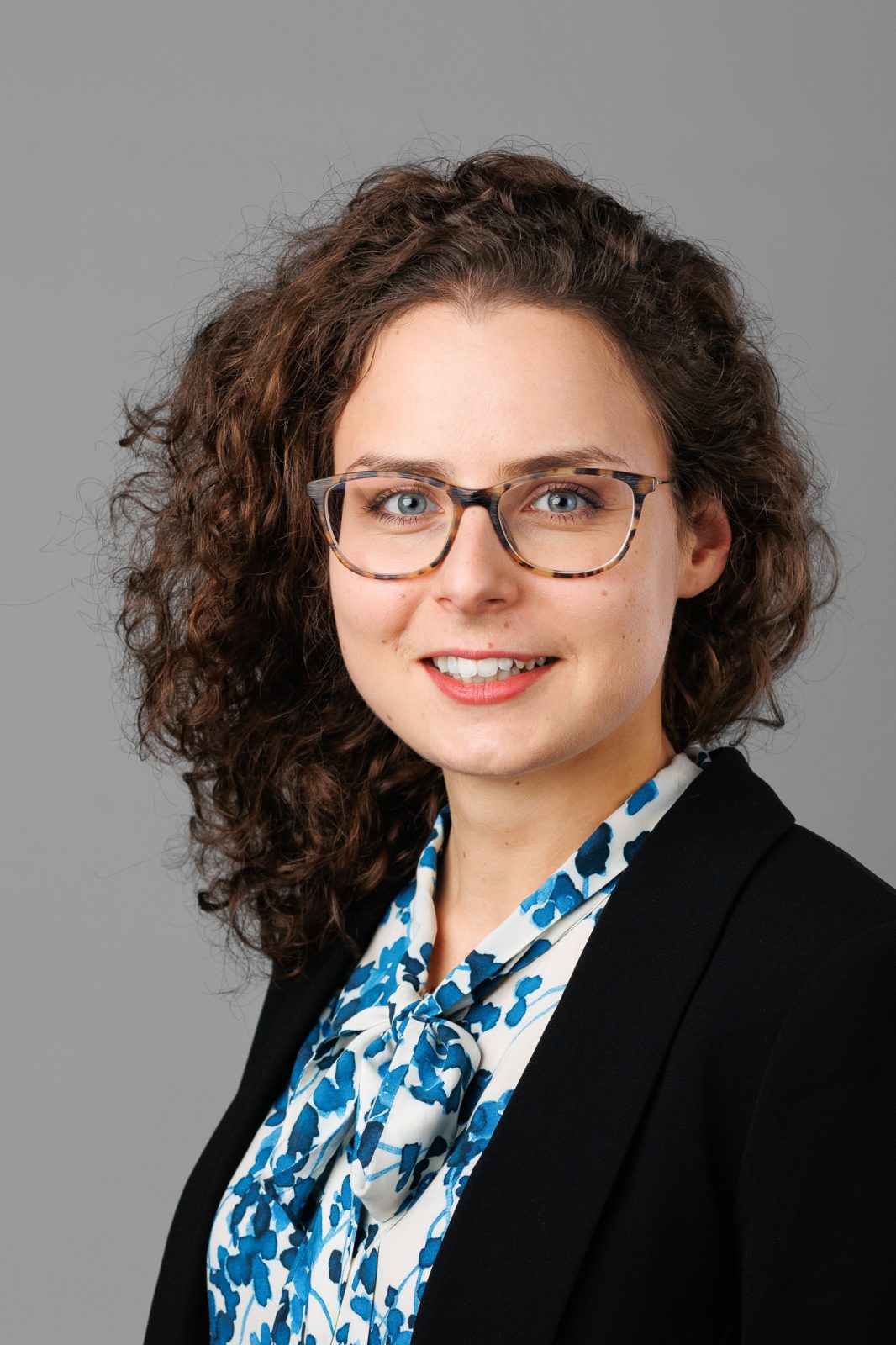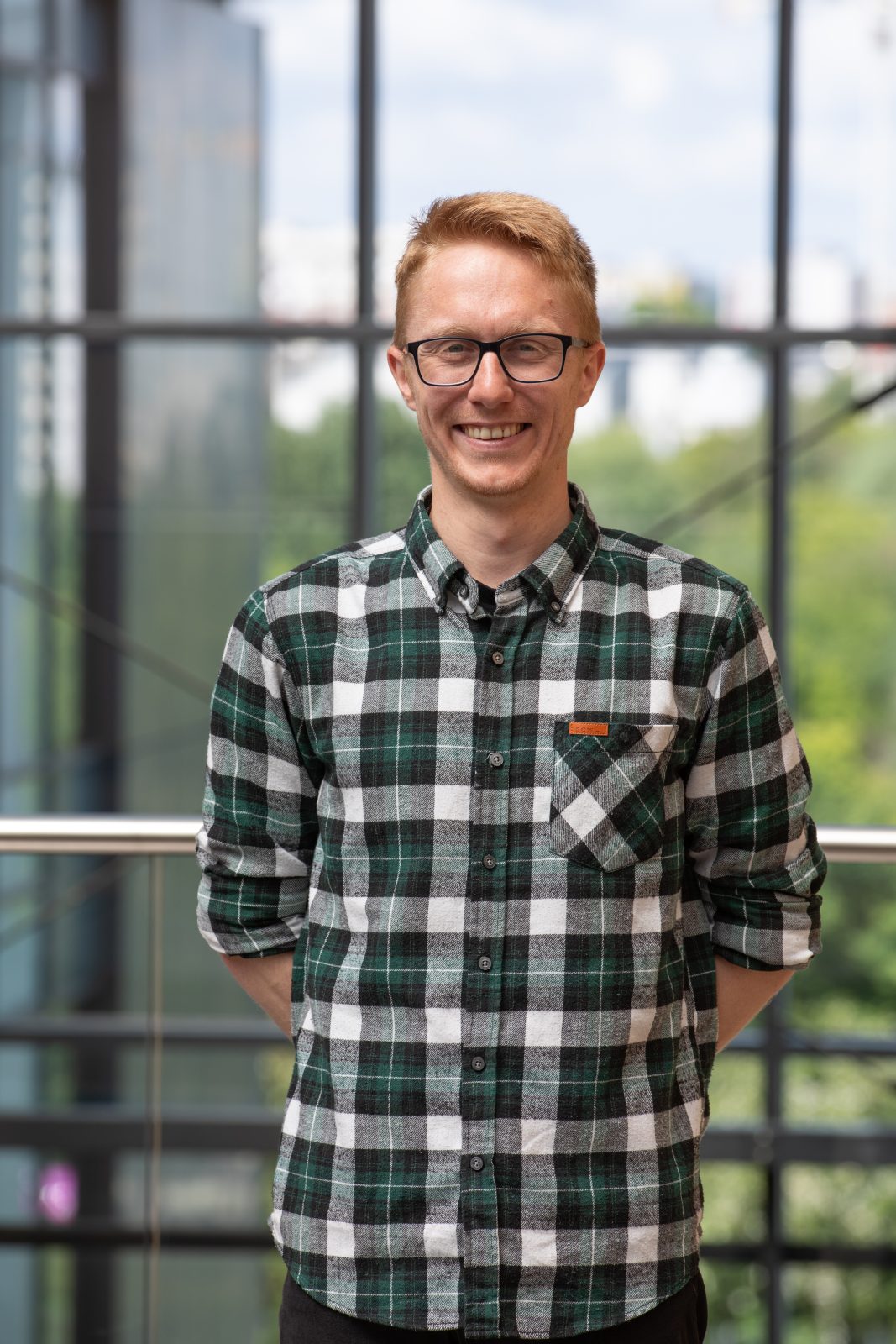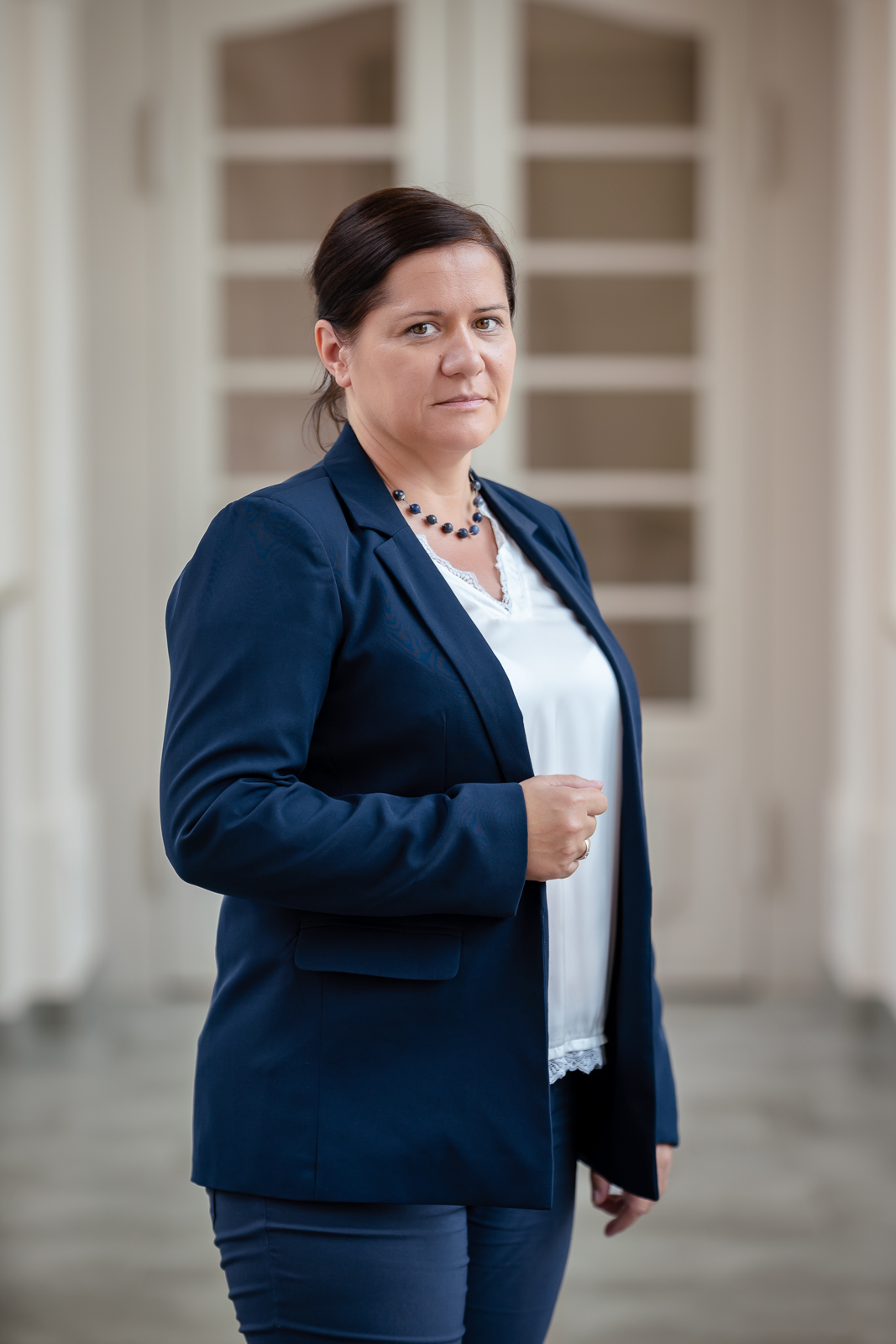
Researchers from the University of Wrocław recognised in the MINIATURA 9 competition
Three researchers from the University of Wrocław have become laureates of the prestigious MINIATURA 9 grant awarded by the National Science Centre!
MINIATURA 9 is a competition aimed at researchers who obtained their PhDs no earlier than 2013, have not previously been awarded NCN grants, but have at least one published scientific work, or one artistic/ artistic-scientific accomplishment. The program supports scientific activities, such as preliminary research, library and archival queries, or research trips, to be completed within 12 months.
The awarded researchers include:

Dr Alicja Limburska – assistant professor in the Department of Substantive Criminal Law at the Faculty of Law, Administration and Economics at the University of Wrocław. She is also a practicing attorney-at-law within the Wrocław Bar Association and the disciplinary officer for students at the University of Wrocław. She received PLN 19,108 for her project “Neuroprawo karne – integracja prawa karnego i neuronauki” [eng. Criminal Neurolaw -Integration of Criminal Law and Neuroscience] (library query and research trip).
Her project reflects a growing trend in legal scholarship of integrating knowledge from disciplines that explore the functioning of the human body, especially the central nervous system, and its biological foundations.
– In international academic circles, the so-called ‘neurolaw’ has already gained ground as a separate academic discipline. The latest findings in neuroscience are influencing the understanding of fundamental areas of criminal law, such as the concept of guilt or the philosophy of punishment and may offer a basis for reconsidering the current model of criminal liability in Poland – explains dr Limburska.
As part of the planned scientific activity, she will travel to Maastricht, combining the trip with an extensive library query. This will make the collaboration with Dutch researchers possible and provide access to key literature on the integration of criminal law and neuroscience.
Dr Maciej Filip Skrzypek – research and teaching staff member at the Department of Civil Society at the UWr Faculty of Social Sciences. His research interests focus on political entities labelled as enemies of democracy and 21st-century political extremism. He received PLN 19,532 for preliminary research and a literature query for his project “Organizacje paramilitarne w państwach Grupy Wyszehradzkiej po inwazji Rosji na Ukrainę (2022–2025)” [eng. Paramilitary Organisations in Visegrad Group Countries After Russia’s Invasion of Ukraine (2022–2025)].
– As part of the project, I will conduct interviews with representatives of paramilitary organisations, carry out a library query, and consult with other researchers. The motivation behind this topic is the increasing role of paramilitary groups in shaping public debate around NATO countries’ security in case the war escalates – says dr Skrzypek.


Dr Katarzyna Maria Zalas‑Kamińska – assistant professor in the Research Unit on Political Conflict and Violence at the UWr Institute of Political Science, and also Deputy Director for International Cooperation. She focuses on development aid, international public diplomacy, and NGO activity. She received PLN 6,434 for her project “Wzmocnienie partycypacji polskich organizacji pozarządowych działających na rzecz rozwoju (NGDOs) poprzez ich członkostwo w krajowych i międzynarodowych organizacjach/sieciach parasolowych” [eng. Strengthening the Participation of Polish Non-Governmental Development Organisations (NGDOs) Through Membership in National and International Umbrella Organisations/Networks] (preliminary and pilot research).
– My goal is to study the network of Polish NGOs working in development aid (NGDOs – non-governmental development organizations) formed under the umbrella federation called Grupa Zagranica, as well as the role of this umbrella organisation in representing Polish NGDOs within international federated structures such as the European network CONCORD.
The research is based on the assumption that while national and international relations built between NGDOs within such federations come with specific challenges (funding, competition), they offer significant benefits for strengthening organisational capacity and contributing towards the achievement of Sustainable Development Goals (SDGs). Identifying the strengths and weaknesses of participating in such networks, supported by a SWOT analysis of today’s development-focused NGO network nodes, may provide a meaningful contribution to building a network analysis model for NGDO research at national and transnational levels. Implementing such a model could strengthen the participation of these ‘sectoral’ organisations.”
Dr Zalas-Kamińska will conduct surveys among member organizations of Grupa Zagranica and interviews with representatives of selected organizations.
– I’ve been interested in development cooperation (including humanitarian aid, development assistance, and global education) for many years, not only in academic terms but also as an expert. I noticed that no research has yet been conducted on the ‘networking’ of development-focused NGOs in the way I would like to present, hence the idea for this project – she adds.
Our warmest congratulations!
Translated by Zuzanna Kazimierowicz (student of English Studies at the University of Wrocław) as part of the translation practice.
Source: webiste of the National Sience Centre.
Date of publication: 26.06.2025
Added by: M.K.



